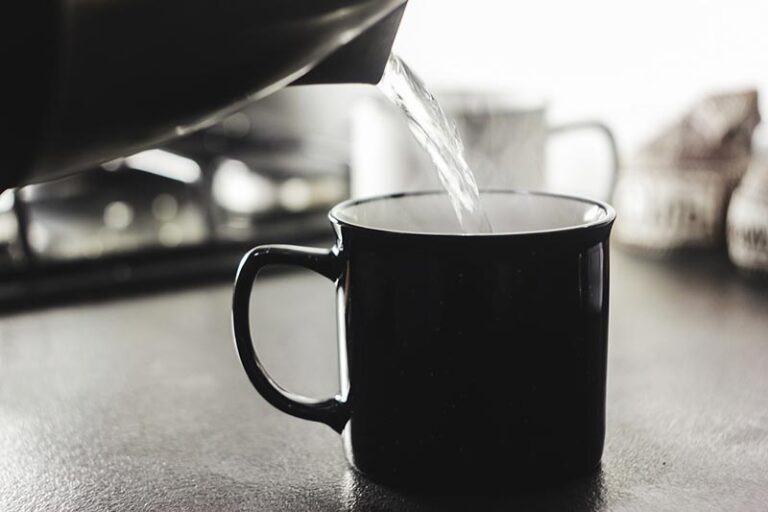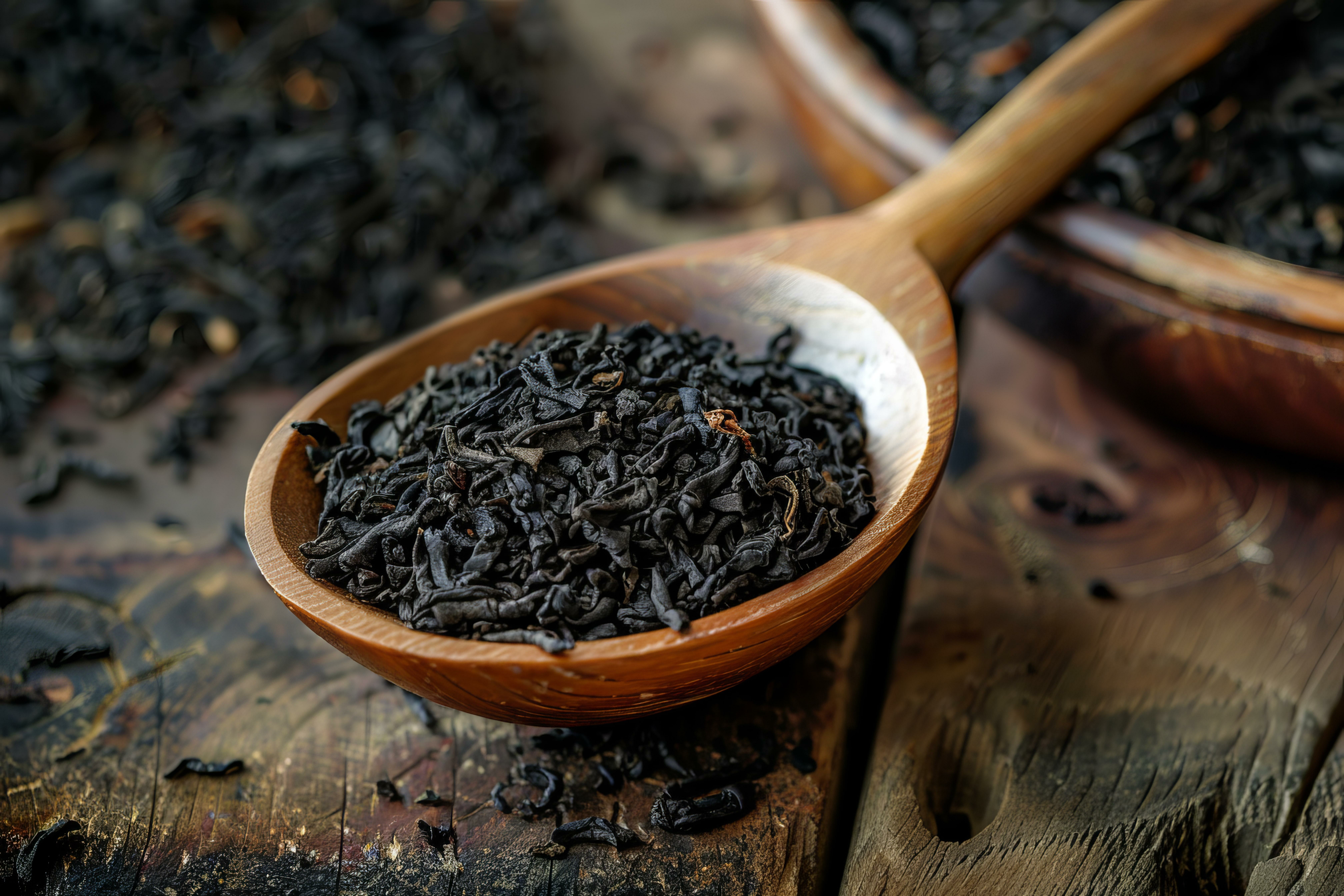
How Water Quality Changes the Taste of Your Brew
When it comes to making the perfect cup of tea or coffee, most people focus on the leaves, beans, or

Wondering if tea is a diuretic? Learn how different types of tea affect hydration, urination, and caffeine levels. Penningtons Tea & Coffee explains all.
You’ve just enjoyed a hot cup of Earl Grey or a refreshing glass of iced green tea, and soon after, you’re heading to the loo. Coincidence? Or is tea actually a diuretic?
At Penningtons Tea & Coffee, we love helping you better understand what’s in your cup. In this post, we’ll explore whether tea really has diuretic properties — and what that means for your hydration and health.
First, What Is a Diuretic?
A diuretic is any substance that promotes diuresis — the increased production of urine. Diuretics are commonly used to:
Common diuretics include certain medications, caffeine, and even some herbal remedies. But where does tea fall?
Is Tea a Natural Diuretic? The short answer is: yes — tea can have mild diuretic effects, mainly due to its caffeine content. Tea Contains Caffeine!
Caffeine is a natural stimulant found in black, green, oolong, and white tea, and it’s been shown to have diuretic properties especially in higher doses.
However, the amount of caffeine in tea is much lower than in coffee or energy drinks. For most people, a few cups of tea won’t cause significant fluid loss or dehydration.
| Tea Type | Approx. Caffeine per Cup |
| Black Tea | 40–70 mg |
| Green Tea | 25–45 mg |
| White Tea | 15–30 mg |
| Herbal Tea | 0 mg (naturally caffeine-free) |
What Does the Science Say?
Moderate Tea Drinking Does Not Dehydrate You
Studies have shown that tea contributes to your daily fluid intake and does not significantly increase urination at normal consumption levels. In fact, tea can be hydrating, particularly if you’re drinking low-caffeine or herbal varieties.
One study published in the British Journal of Nutrition concluded that drinking 4–6 cups of tea daily is just as hydrating as drinking water.
Herbal Teas and Diuretic Effects
While herbal teas are naturally caffeine-free, some contain ingredients known for mild diuretic effects:
These effects are gentle and generally not dehydrating for healthy individuals.
Explore our herbal tea collection https://penningtonscoffee.co.uk/product-category/tea/fruit-herbal-and-flower-teas/
So, Is Tea a Diuretic? Final Verdict
Yes, tea can have mild diuretic properties — mainly due to caffeine — but it is unlikely to cause dehydration.
In fact, for most people, tea is a healthy, hydrating beverage full of antioxidants and plant compounds that support overall wellness.
Tea Tips for Balanced Hydration
Discover a Tea That Suits Your Lifestyle
Whether you prefer energising black teas or soothing herbal blends, Penningtons Tea & Coffee offers a variety of handcrafted teas to suit every mood and moment.
👉 Browse Our Full Tea Collection https://penningtonscoffee.co.uk/product-category/tea/

When it comes to making the perfect cup of tea or coffee, most people focus on the leaves, beans, or

When choosing tea, one of the most common questions is whether loose leaf tea is better than tea bags. While